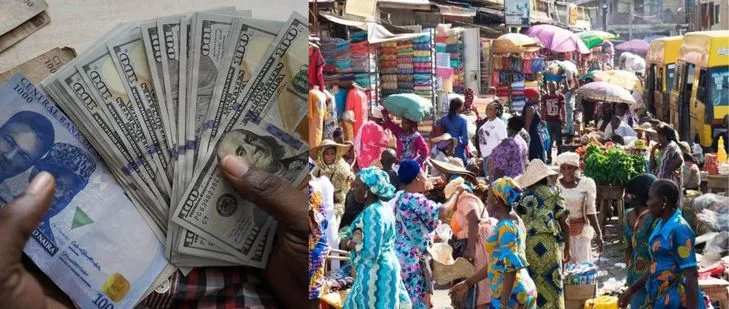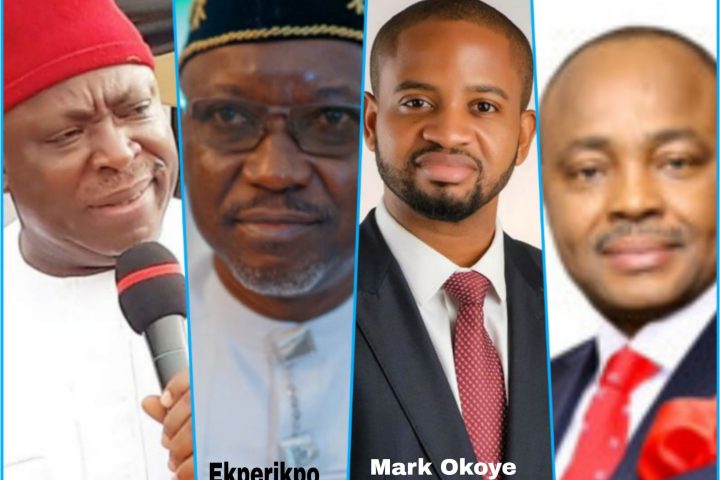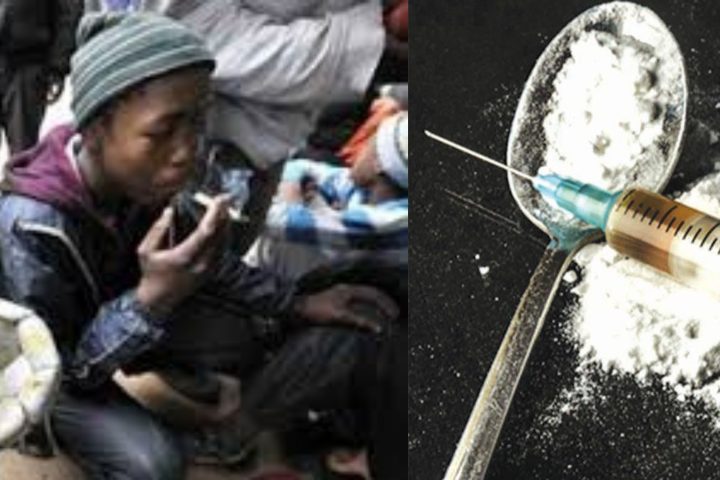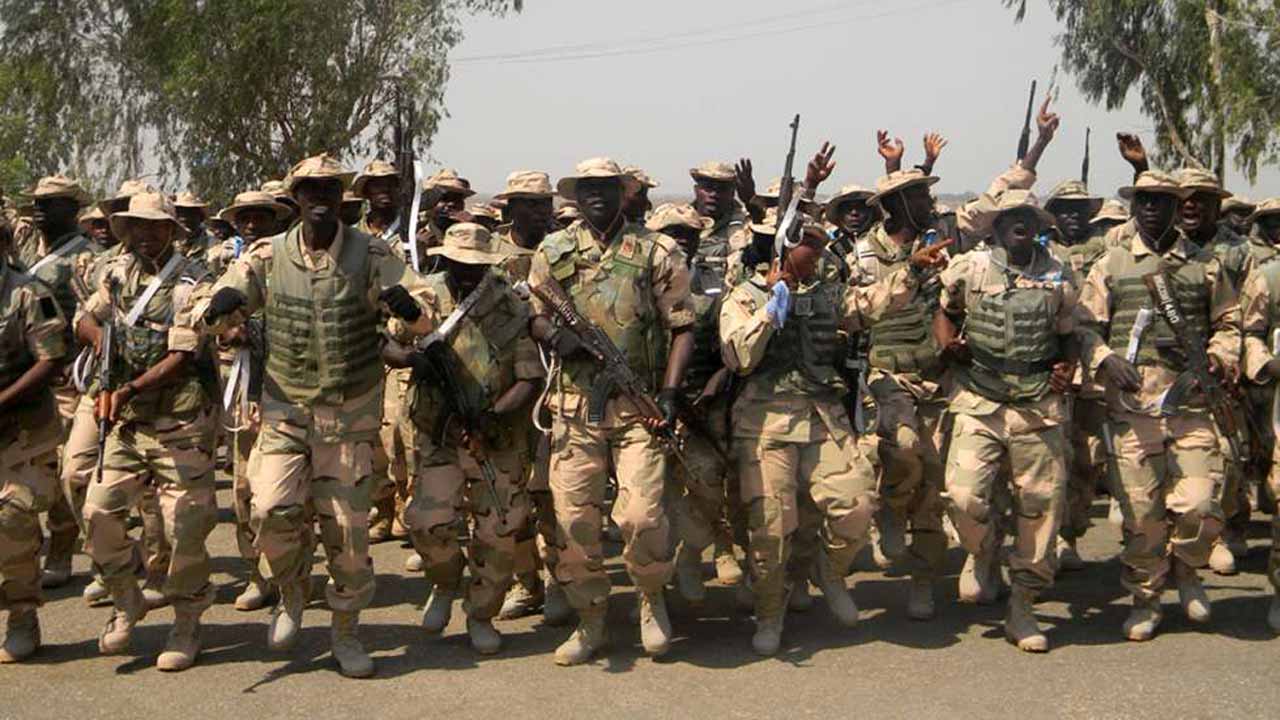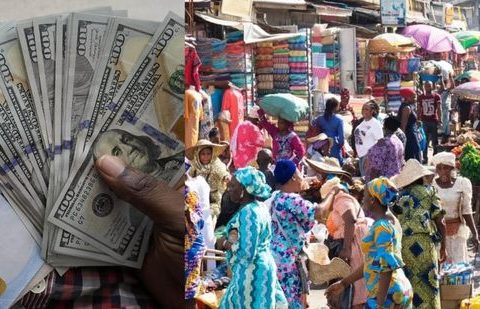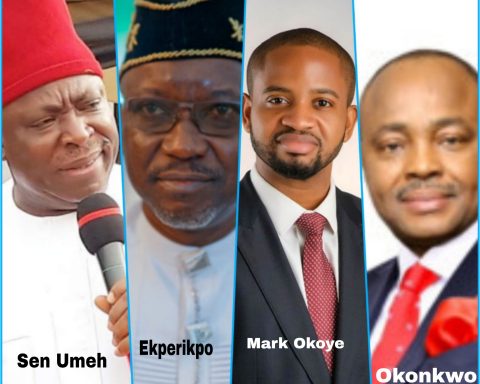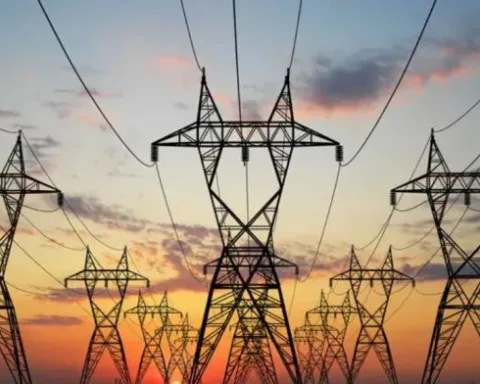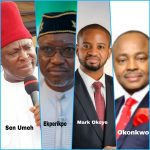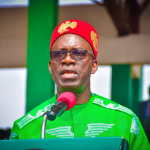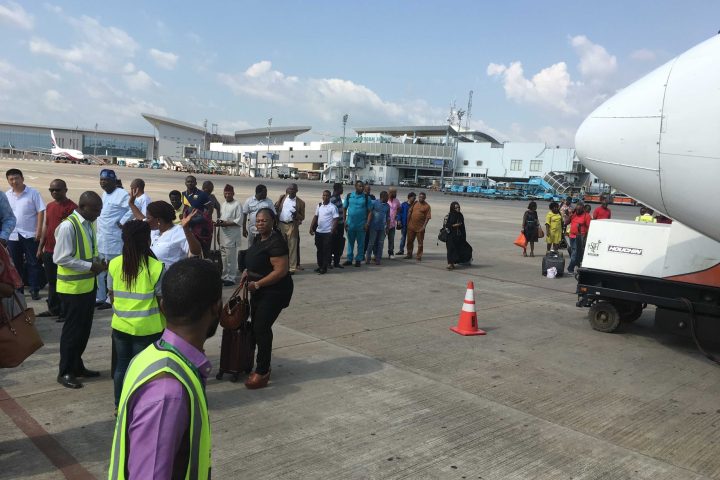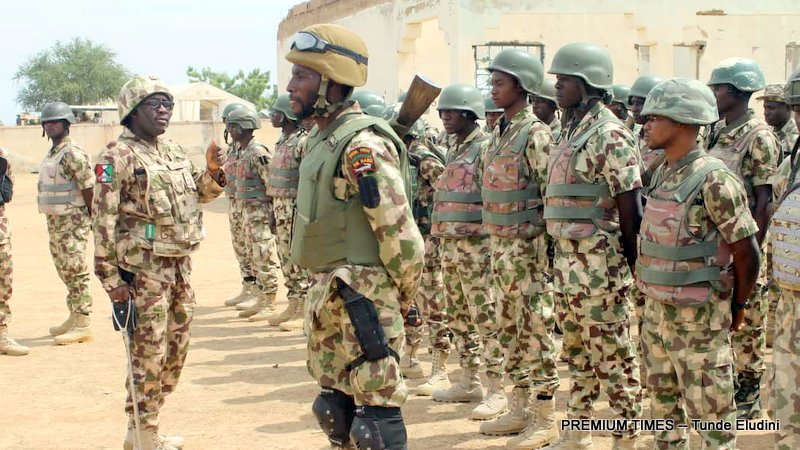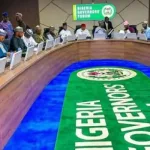The Special Adviser to President Bola Tinubu, Dada Olusegun, has expressed optimism that Nigeria will soon stabilize under President Tinubu’s administration. However, the question remains whether this stability will translate to an improvement in the standard of living for Nigerians or merely perpetuate the current hardship.
According to Olusegun, the government aims to reduce inflation to 15% by December 2025, with a focus on agriculture as a key driver of food security and economic stability. This promise is part of the government’s broader efforts to address Nigeria’s economic challenges, including investing in agriculture, diversifying the economy, and implementing cash transfer programs.
Join our WhatsApp ChannelDespite these initiatives, the current economic situation in Nigeria remains dire. Inflation has surged to 34.8%, the highest since 1996, driven by food prices reaching 50%. This has led to widespread protests, with citizens struggling to afford basic necessities. The situation is expected to worsen, with food insecurity projected to affect 33 million Nigerians in 2025.
The government’s economic reforms have been criticized for exacerbating the economic crisis, leading to significant naira depreciation and eroded purchasing power. The administration’s promise of cash transfers and agricultural investments has been deemed inadequate by many citizens.
To achieve economic stability, the government must prioritize transparency and accountability in its efforts. This can be achieved by implementing strict ethical standards, ensuring public officials are held accountable for their actions, and engaging with citizens through regular communication and feedback mechanisms.
Additionally, stabilization efforts must be inclusive, benefiting both elites and ordinary Nigerians alike. This can be accomplished by expanding cash transfer programs, investing in job creation initiatives, and enhancing access to essential services.
As the government works towards achieving economic stability by December 2025, it remains to be seen whether these efforts will yield positive results. One thing is certain, however: The government must take concrete steps to address the current economic crisis and prioritize the needs of its citizens.
An Illusory Promise?
Among many other initiatives undertaken by the government, a strong emphasis has been placed on investing in agriculture to enhance food security and reduce poverty levels across the country.
Plans for economic diversification have been outlined to lessen reliance on oil revenues and stimulate broader economic growth. Collectively, these promises reflect ongoing efforts to address Nigeria’s pressing economic challenges and improve living conditions for its citizens.
Nonetheless, conditions for many citizens continue to deteriorate. According to Trading Economics, as of December 2024, inflation surged to 34.8%, the highest since 1996, driven by food prices reaching 50%. This economic strain sparked widespread protests last August as citizens struggled to afford necessities while at least 70 people perished while struggling for food items distributed by charitable organisations in December.
Amidst these challenges, food insecurity is projected to affect 33 million Nigerians in 2025, an increase of 7 million from the previous year. Even during peak harvest seasons, 25.1 million people are experiencing acute food insecurity, with this number expected to rise due to persistent economic challenges and climate-related issues. Yet, leaders continue to promise economic stabilisation.
Can the Administration Achieve Economic Stabilisation Soon?
President Bola Tinubu’s administration commenced on 29 May 2023, and as of 17 January 2025, it has been in office for approximately 19 months. The government has indicated a goal for economic normalisation by December 2025, suggesting nearly 11 more months for significant improvement. However, despite these assurances, the situation continues to worsen, with citizens increasingly frustrated by the disconnect between governmental promises and their daily realities.
What specific indices or milestones indicate that Nigeria will stabilise soon? The government’s energy, monetary and tax reforms have exacerbated economic conditions, leading to significant naira depreciation and eroded purchasing power. In response, the administration has promised cash transfers and agricultural investments; however, many citizens find these measures inadequate. The ongoing crisis has pushed millions deeper into poverty, revealing a stark divide between government assurances and the lived experiences of Nigerians. As of 17 January 2025, the outlook for the year remains uncertain, with rising costs and diminishing quality of life continuing to challenge citizens amid persistent economic hardships.
Although the timeline for economic stabilisation in Nigeria is set for December 2025 according to the government, specific measurable targets include achieving a GDP growth rate of 4.1%. Key initiatives supporting these targets involve reforms in the foreign exchange market and cash transfer programmes designed to mitigate the impacts of subsidy removals. However, challenges remain—managing inflation and addressing food insecurity affecting 33 million Nigerians. The success of these measures hinges on effective implementation and the ability to navigate ongoing economic difficulties.
The Nigerian government has also implemented initiatives aimed at addressing inflation, unemployment, and insecurity. These include raising interest rates, expanding cash transfer programmes, investing in agriculture, launching job creation efforts, intensifying security operations against insurgents, and improving infrastructure. However, these measures often resemble past strategies that have not yielded significant results.
Evaluating Tinubu’s Policies
The proposed 2025 Budget emphasises substantial allocations for security, infrastructure development, and human capital expected to drive economic growth. Initiatives such as the National Livestock Programme and the introduction of the AFRIGO card aim to enhance financial inclusion and support agricultural productivity. These measures reflect a commitment to addressing key economic challenges and fostering a more resilient economy. However, in the minds of average Nigerians, none of the administration’s policies have yielded positive results, perhaps because stabilisation plans are not effectively communicated at grassroots levels. What if by December 2025 conditions continue to worsen? Will the government meet its targets?
Given prevailing public dissatisfaction, the government must take steps towards rebuilding trust in its administration through transparency and accountability in its efforts.
Therefore, to rebuild public trust amid prevailing dissatisfaction with governance in Nigeria, transparency and accountability must be prioritised in stabilisation efforts. This can be achieved through implementing strict ethical standards and codes of conduct while ensuring public officials are held accountable for their actions.
Engaging with citizens through regular communication and feedback mechanisms will enhance transparency and demonstrate a commitment to addressing public concerns. Additionally, stabilisation efforts must be inclusive, benefiting both elites and ordinary Nigerians alike. This can be accomplished by expanding cash transfer programmes, investing in job creation initiatives, and enhancing access to essential services.
By focusing on these strategies, the administration can foster a more equitable environment where all citizens feel valued and included in the nation’s recovery efforts.
Dr Mbamalu is a Jefferson Fellow, member of the Nigerian Guild of Editors (NGE), communications/Media Consultant and Publisher, Prime Business Africa.
Email: marcelmbamalu2@gmail.com
+2348094000017
Dr. Marcel Mbamalu is a communication scholar, journalist and entrepreneur. He holds a Ph.D in Mass Communication from the University of Nigeria, Nsukka and is the Chief Executive Officer Newstide Publications, the publishers of Prime Business Africa.
A seasoned journalist, he horned his journalism skills at The Guardian Newspaper, rising to the position of News Editor at the flagship of the Nigerian press. He has garnered multidisciplinary experience in marketing communication, public relations and media research, helping clients to deliver bespoke campaigns within Nigeria and across Africa.
He has built an expansive network in the media and has served as a media trainer for World Health Organisation (WHO) at various times in Northeast Nigeria. He has attended numerous media trainings, including the Bloomberg Financial Journalism Training and Reuters/AfDB training on Effective Coverage of Infrastructural Development of Africa.
A versatile media expert, he won the Jefferson Fellowship in 2023 as the sole Africa representative on the program. Dr Mbamalu was part of a global media team that covered the 2020 United State’s Presidential election. As Africa's sole representative in the 2023 Jefferson Fellowships, Dr Mbamalu was selected to tour the United States and Asia (Japan and Hong Kong) as part of a 12-man global team of journalists on a travel grant to report on inclusion, income gaps and migration issues between the US and Asia.

